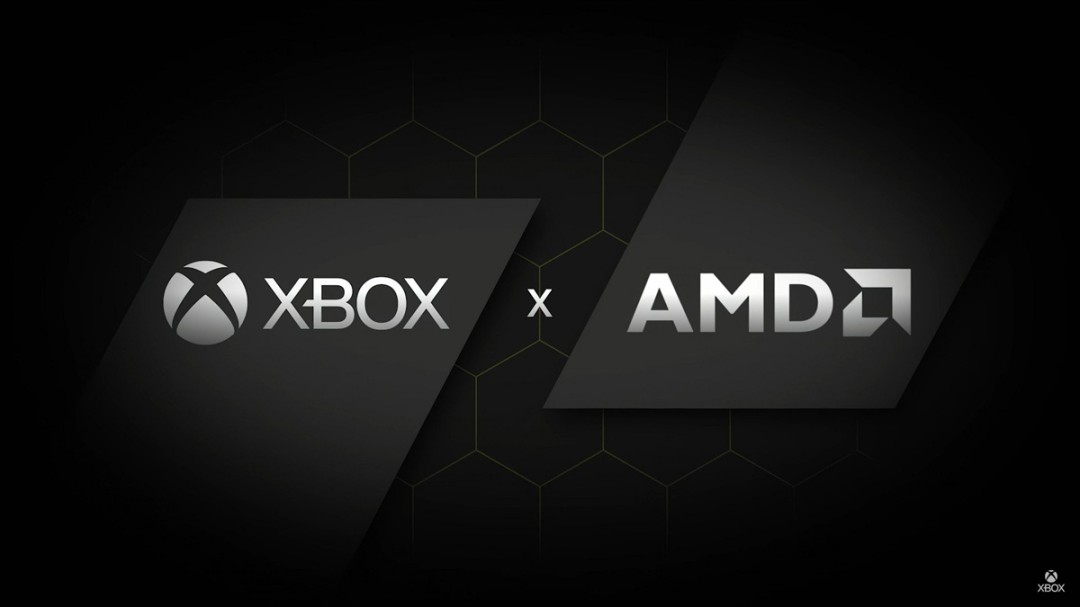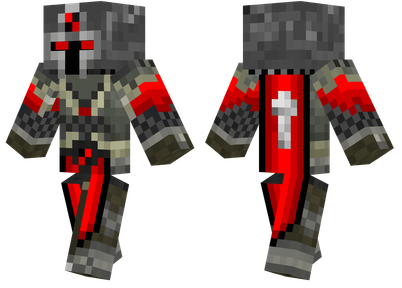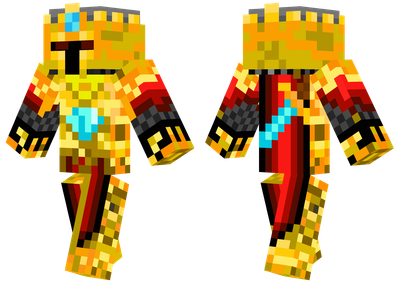In June this year, Microsoft announced a "year-old strategic partnership" with AMD, which involved "co-designing chips on a series of devices, including designing the next-generation Xbox game console for the living room and handheld", and will also work together to create the next-generation Xbox cloud games.Meanwhile, AMD announced that it will expand its gaming-centric chip design roster beyond the Xbox and PlayStation ecosystems.It is rumored that the next generation of Xbox game consoles have entered the final development stage, code-named "Magnus", and provide a high degree of freedom system, with great potential for expansion.

The cooperation with Microsoft will benefit AMD a lot, because the APU used by the next generation of Xbox is not only used for gaming consoles, but will also be "one-core and two-purpose" and can be installed on Xbox-branded PCs.Currently the APU has been licensed to OEM partners, and these systems should be basically the same except for some possible differences.In order to simplify the development process, Microsoft has also made optimizations, so developers do not need to adapt additionally, ensuring that the game console and PC hardware are highly consistent.
If the above rumors are true, then AMD will have a big victory.This approach extends the application range of customized SoCs for game consoles and ensures chip production. AMD is likely to get a more favorable price from TSMC.Microsoft's game development work will also benefit. Not only will the game development process of the game console be simplified, but the optimization of the PC version will also become easier. This will be a good selling point for "Xbox PC", especially considering that there are many problems in the optimization of PC games at present.
The new APU marks a huge change in the field of game consoles. It adopts a small chip design and has independent CPU and GPU modules. It is very different from the customized SoCs in the past and also provides potential for future performance upgrades.In the future, it may break the inherent pattern of regular upgrades of game consoles and replace them with more frequent slight upgrades.














